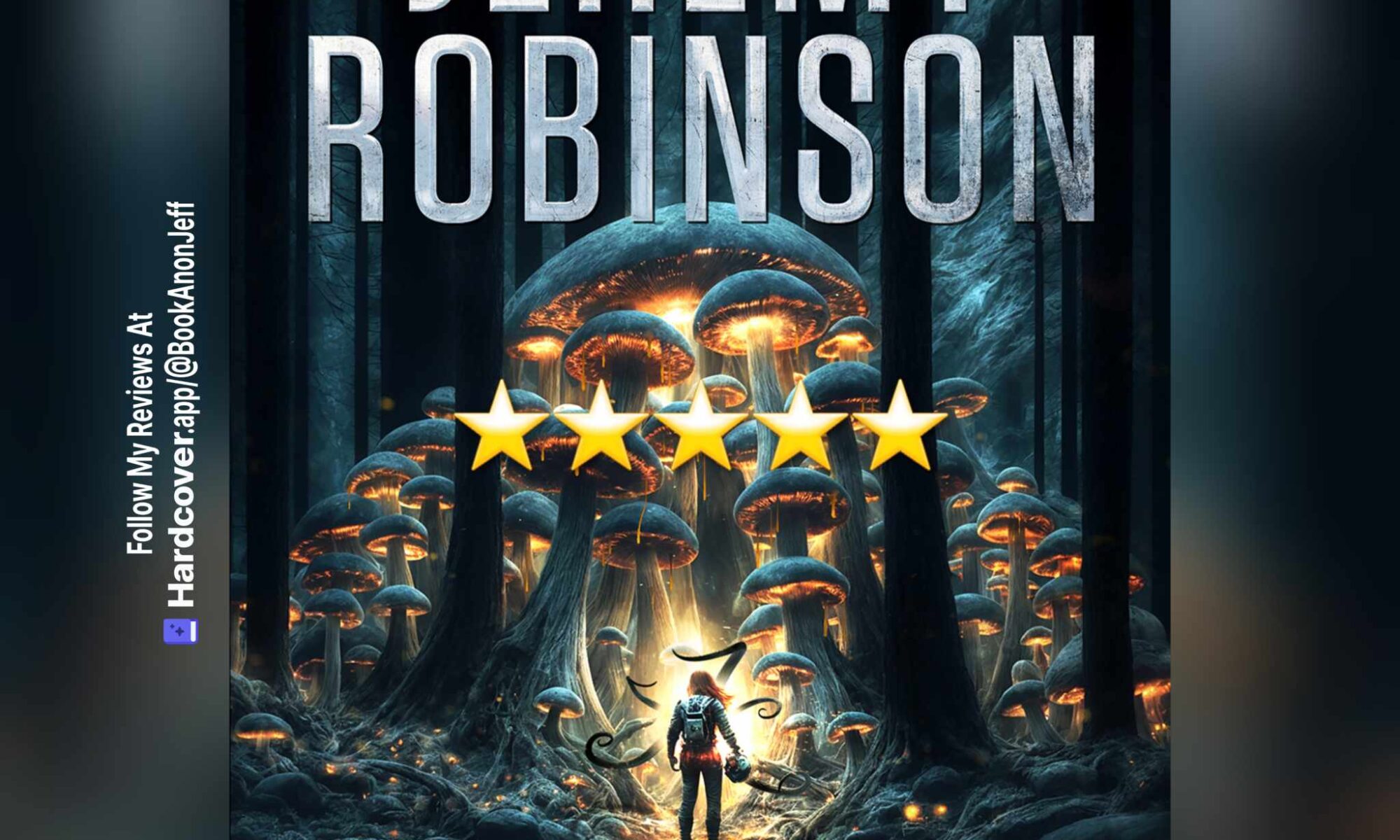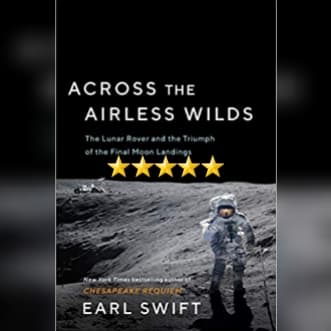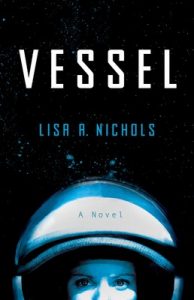Immersive And Inventive Tale Of Survival Horror From The New God Of Science Fiction. This was yet another fun scifi action thriller from the New God of Science Fiction, Jeremy Robinson, that manages to combine certain aspects of a few different comic book tales (Venom’s origins in Spiderman, the current(ly ending) era of XMen, early Greig Beck books, and even another classic tale whose name alone would be a massive spoiler and yet tell a tale entirely its own. Hell, knowing how Robinson writes from having followed him since basically the beginning (and now nearly 100 books later…), he is probably generally aware of the stories I referenced, but I doubt he would actually label them as “influences” on the story.
Some of his detractors who think they know his personal politics will probably have some more ammunition here, as the story told actually also brings forth certain aspects of US history (and, some would argue, even its current actions).
But ultimately this is simply an inventive and fun horror-based tale of survival, a well Robinson has dipped into a few times before and yet always manages to create an entirely fresh take on the general idea every time he comes back to it.
Truly a wild ride that will leave you breathless… and wanting to come back to this world or at minimum see if it plays into his *next* “Avengers Level Event” (which likely won’t be actively seen for at least 2-3 more years).
Very much recommended.
This review of Point Nemo by Jeremy Robinson was originally written on March 15, 2024.



